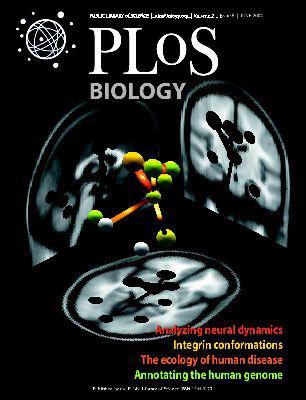为了避免热带森林中的碳降解,保护野生动物。
IF 7.8
1区 生物学
Q1 BIOCHEMISTRY & MOLECULAR BIOLOGY
引用次数: 0
摘要
大型野生动物的消失,通常是由于狩猎,会破坏热带森林中吸收和储存碳的生态过程。激励野生动物保护的碳市场可以产生收入,支持必要的森林和狩猎管理。本文章由计算机程序翻译,如有差异,请以英文原文为准。
To avoid carbon degradation in tropical forests, conserve wildlife.
Loss of large-bodied wildlife, typically from hunting, degrades the ecological processes in tropical forests that sequester and store carbon. Carbon-based markets that incentivize wildlife conservation can generate revenues to support necessary forest and hunting management.
求助全文
通过发布文献求助,成功后即可免费获取论文全文。
去求助
来源期刊

PLoS Biology
生物-生化与分子生物学
CiteScore
14.40
自引率
2.00%
发文量
359
审稿时长
3 months
期刊介绍:
PLOS Biology is an open-access, peer-reviewed general biology journal published by PLOS, a nonprofit organization of scientists and physicians dedicated to making the world's scientific and medical literature freely accessible. The journal publishes new articles online weekly, with issues compiled and published monthly.
ISSN Numbers:
eISSN: 1545-7885
ISSN: 1544-9173
 求助内容:
求助内容: 应助结果提醒方式:
应助结果提醒方式:


